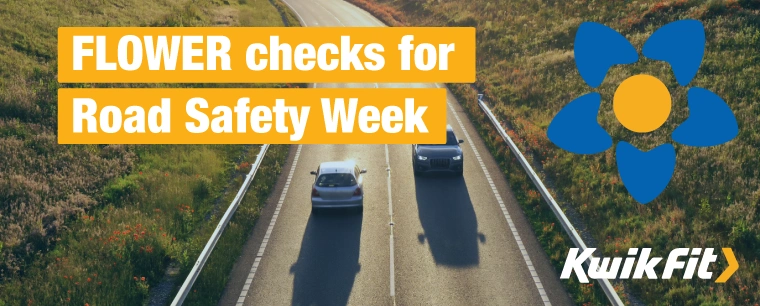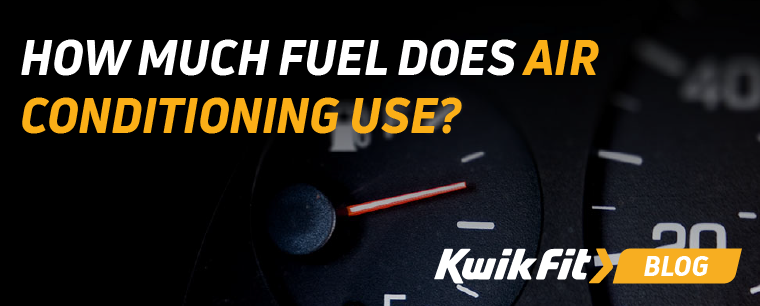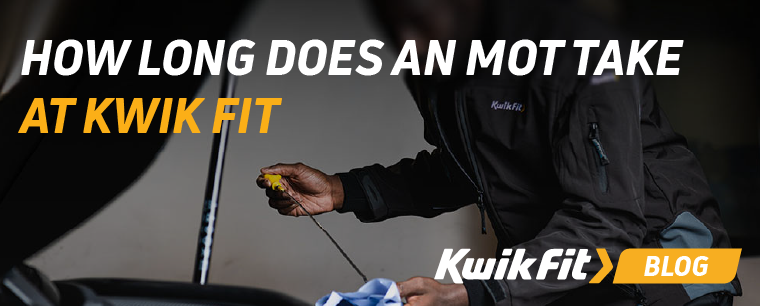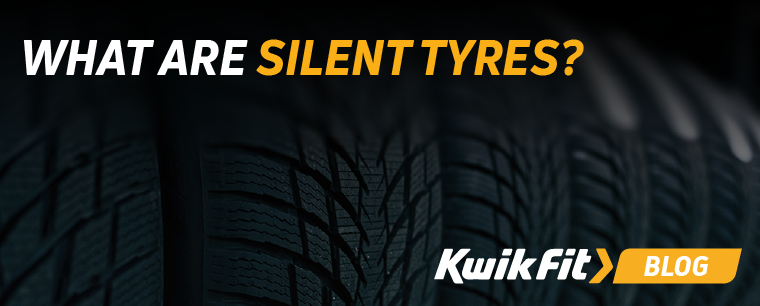FLOWER checks for Road Safety Week
Jack Dreyer | Monday 20th November 2023 12:00pm

This Brake Road Safety Week, we are encouraging drivers to step up and make sure that their vehicle is safe before driving.
Completing our 6 simple FLOWER checks before your journey can help to keep yourself and other road users safe. From your tyres to fuel and engine oil levels, safer vehicles means safer roads and a reduced risk of unnecessary accidents occurring.
Fuel
Before setting off on your journey, it is important to ensure that you have enough fuel to get you to your destination. This will mean that you wonít have to stop for petrol on your journey, and you wonít unexpectedly run out during your trip.
Lights
Your lights help to alert other road users to your presence and enable you to see other drivers more clearly. Make sure that your headlights, brake lights, and indicators are all functioning properly so that your journey can be completed safely.
To check your headlights, turn on your car and its headlights and check that both of the lights are bright. If one headlight is dimmer, it might need to be replaced. Follow the same process for checking your brake and indicator lights Ė you may need someone to help you check these.
Oil
Another simple check that you can carry out to keep yourself and others safe on the roads is checking your oil levels. You should make sure that you complete this check when the engine is cold for accurate results. To check your oil levels, open your bonnet and locate the dipstick. Remove it carefully and clean off the excess oil. Replace it and then take it out again and make sure that the oil levels are between the two markings on the dipstick. If it is too low, top it up before heading off on your journey.
Water
Keeping the moving parts of your vehicle well lubricated is crucial for vehicle safety. Checking your lubricants, coolants and washer fluid levels before setting off will make sure that your vehicle is able to perform as safely and efficiently as possible. To check your coolant levels, simply look in your vehicle handbook to find out where the coolant reservoir is located. As with checking engine oil levels, this check should be done when the engine is cool. You should ensure that the coolant is between the minimum and maximum lines on the tank.
Electrics
Battery issues are one of the most common reasons for callouts in the winter. Therefore, checking your batteryís health is especially important during the colder months. If your car takes longer to start than usual, this could suggest battery problems, and you may need to get your battery looked at to ensure that itís in good condition.
Rubber
Your tyres are vital for keeping your vehicle safe. There are a number of tyre checks that you can carry out before your journey to make sure your tyres are performing at their best. These checks include: tyre pressure, checking for uneven wear, checking for sidewall damage, and ensuring that your tyres have enough tread depth.

Tyre pressure checks
Make sure that your tyres are inflated to the correct pressure to maintain proper grip on the roads and avoid uneven wear. You can find the recommended tyre pressure for your vehicle in the vehicle handbook, on the driver or passengerís door, or on the fuel tank, depending on your vehicle. You can use a pressure gauge to make sure that your tyres are inflated to the right pressure, and then expel or add air as necessary.
Uneven wear
Check the surface of your tyre for any signs of uneven tyre wear. Look out for any irregular wear visually and by moving your hands across the surface of the tyres and feeling to see if there are any inconsistencies.
Sidewall damage
Check for bulges, cuts, or nicks in your tyre sidewall as these show that the tyre is significantly damaged and puts you at greater risk of experiencing a tyre blowout.
Tread depth
Itís important to make sure that your tyres have sufficient tread depth to maintain grip on the road. The easiest way to check that you have a safe amount of tread depth is to carry out the 20p test. To do this, insert a 20p coin into your tyreís tread. If the outer edge of the coin is visible, your tyres could be unsafe and even illegal. Completing this check at least once a month and before any long journey is vital in making sure that your tyres remain safe.
Safer driving with Kwik Fit
Think there might be a problem with your car? If youíve noticed an issue, or youíre not sure about something, itís always worth getting it checked out by a mechanic. Stay safe on Road Safety Week and beyond by visiting your local Kwik Fit centre.
Any facts, figures and prices shown in our blog articles are correct at time of publication.
Featured Articles
How Much Fuel Does Air Conditioning Use?
Thursday 29th May 2025
Your carís air con uses a surprising amount of fuel to keep you cool, especially if itís low on refrigerant & working overtime. Find out the exact figures here.
How Long Does An MOT Take At Kwik Fit?
Friday 23rd May 2025
The yearly MOT test is dreaded by many drivers, but how long does the actual MOT test take, and what goes into it? Hereís what affects the length of your test.
What Are Silent Tyres?
Saturday 3rd May 2025
Looking for a more luxurious, peaceful drive? Silent tyres could be the answer with their clever technology. Discover how these tyres work in our latest blog.









